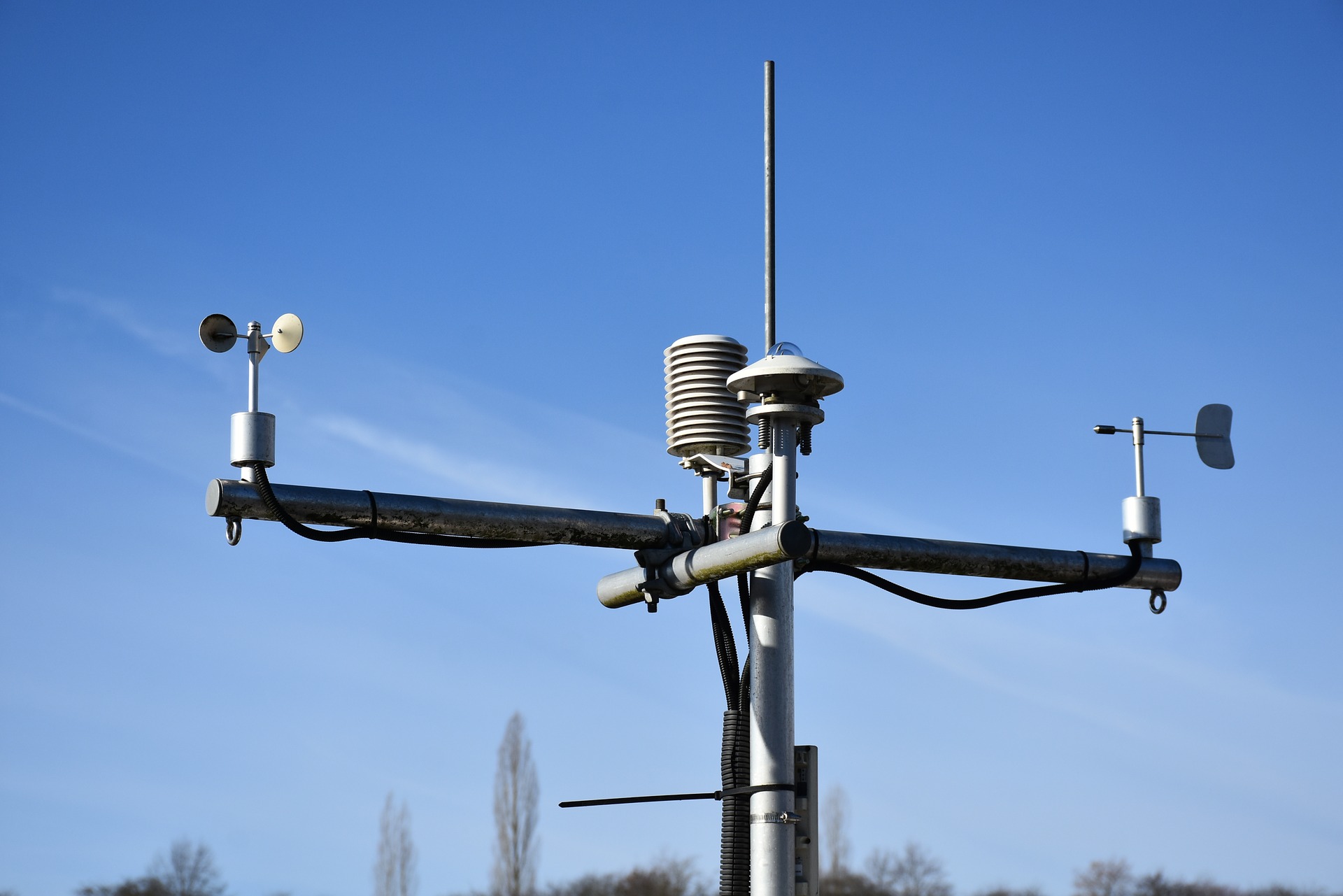
About the Project
FLUXMED
Strategies for increasing the water use efficiency of semi-arid Mediterranean watersheds and agrosilvopastoral systems under climate change
Project Start Date: 01/01/2020
Duration: 30 months
The FLUXMED Project is funded under Water JPI 2018 Joint Call on “Closing the Water Cycle Gap – Sustainable Management of Water Resources” by:
- MIUR – Ministry or Education, University and Research (Italy)
- RIF – Research and Innovation Foundation (Cyprus)
- ASRT – Academy of Scientific Research and Technology (Egypt)
- ANR – Agence National de la Recherche (France)
- IRESA – Institution de la Recherche et de L’enseignement Superieur Agrocoles (Tunisia)
The overarching goal is to develop and apply innovative methodologies to increase the social-ecological WUE of managed ecosystems along the Mediterranean biome and climate types. Case studies will examine the Mediterranean Sea basin from west to east providing the exceptional opportunity to develop and com-pare water resources management and planning strategies, and develop a wide monitoring network for con-trasting climate conditions (mean annual rain from 35 to 780 mm/y) in the Mediterranean region.
The specif-ic objectives are:
- OB1: to develop and implement innovative methodologies for evapotranspiration measurements and esti-mate in typical heterogeneous Mediterranean agrosilvopastoral systems;
- OB2: to improve the eco-hydrologic monitoring in ephemeral rivers and wadis along the Mediterranean bi-ome and climate types, establishing a transnational Mediterranean watershed monitoring system;
- OB3: to develop data assimilation systems for assimilating remotely sensed and field data into ecohydrologi-cal models at the watershed or agricultural district scales for optimal characterization of soil water balances;
- OB4: to identify the impacts of contrasting vegetation and crop types on the soil water balance, surface run-off, and water use under current and past Mediterranean climates;
- OB5: to predict the impact of future climate scenarios on soil water balance, runoff, and water use;
- OB6: to develop a set of land cover change strategies (e.g. forestations/deforestation, use of more drought-tolerant crops and woody vegetation) for climate change scenarios that optimize the water uses and increase system resilience;
- OB7: to improve the multipurpose and multiuser water resources management and planning systems for the optimization of the water infrastructure (e.g., reservoirs, groundwater recharge, water harvesting) and uses (irrigation, animal production systems, drinking and industrial activities) under current and future climate change scenarios
Outcomes and expected impact:
The project will have positive social and economic impacts. The project objectives respond to priorities of H2020 Societal Challenge 5, Call topic SC5-11-2016 because we propose to increase the efficiency of Mediterranean water resources and innovate the approach for water resources planning and management for both current and future climate change scenarios. The project supports the requests of innovative solutions of the UN SDG6, providing new techniques and methodologies for increasing the water-use efficiency of water-limited Mediterranean regions, which are suffering water scarcity. We will implement integrated water resources management, linking Southern European and North African partners, and address the need of international cooperation in water research. In most Mediterranean regions water and environmental plans are missing and when available they don’t properly include future scenario impacts.
One key objective of the research project is to combat climate change impacts, supporting the UN SDG 13, because future climate change scenarios are predicting a decrease in water resources availability. As consequence existing water resources plans are wrong, because these are based on water input (surface and groundwater) that will not be any longer available. At the same time environmental plans need to consider the climate change effect on both CO2 budget and water resources use of vegetation and water resources availability to vegetation growth, which can impact on species type (in drier climate more resistant species should survive) and their spatial distribution (less water implies less density). Instead, our proposed methodology is strongly innovative and integrate new knowledge, allowing to adequately develop water resources and environmental planning also for future climate change scenarios.
The project’s economic impact will be significant for agricultural development and its sustainability because the project aims to increase the system efficiency and decrease the costs. Stakeholders will be involved and will have a main role in the project. The project will provide the stakeholders the scientific approach and results for defining the planning and management strategies for both current and future climates. A main part of the project will be the dissemination of the results to the stakeholders and to the society in general, due to the impact on social customs and traditions.
The FLUXMED project

